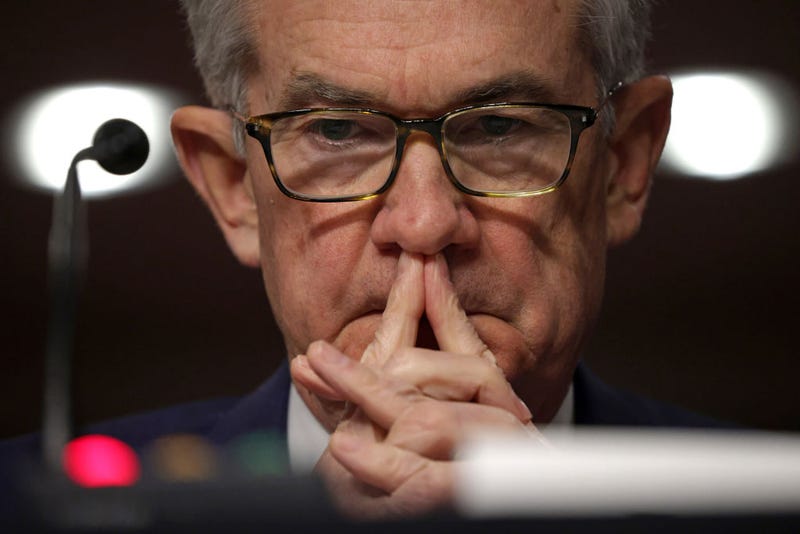
CHICAGO (WBBM) — Rising prices for oil, food, cars and rent have added pressure to an already stressful, pandemic-strained year and it looks like inflation could continue to be a problem next year as well.
For example, many food manufacturers have announced price increases for 2022, according to The Washington Post.

Mondelez, the parent company of Oreo, Ritz and Chips Ahoy, is planning a 6 to 7% U.S. price increase in January due to logistics concerns. Kraft Heinz Co., General Mills and Campbell Soup Co. have also announced price increases. Food containers are expected to be expensive thanks to a shortage, along with seafood transported via air and pasta due to a weak drum wheat harvest.
Rents are also expected to settle at higher prices than this year and vehicle prices are expected to remain high due in part to a global microchip shortage.
In the past year, prices have already increased at the fastest pace in nearly four decades, up close to 7 percent compared to 2020. Rent was up 3% in November compared to last year.
Oil prices increased, leading President Joe Biden to announce he was tapping U.S. oil reserves to create more supply.
These increases were a surprise for the Federal Reserve – the country’s central banking system – which expected much less inflation and expected price hikes to be temporary.
The Fed has chief authority over inflation, which it can impact by raising or lowering interest rates. When the COVID-19 pandemic was declared, the Fed reduced rates to zero. Going forward, the Fed could raise interest rates three times over the course of 2022, starting in the spring.
By the end of next year, central bankers predict that inflation will fall from around 6.8 percent to 2.6 percent and then to 2.3 percent by the end of the following year.
Federal Reserve Chair Jerome H. Powell said this month that forecasters expect inflation will come down “significantly toward the back end of next year.”
However, not all economists agree with this outlook.
“Regardless of how you look at it, inflation is going to be with us for a good period of time,” said Joe Brusuelas, chief economist at RSM, a global accounting and finance firm.
As the omicron variant fuels COVID-19 cases worldwide, continued pandemic-related disturbances such as labor shortages, transportation issues and supply chain backups could be expected to continue next year and contribute to sustained inflation, along with consumer demand.
While prices for consumer goods could continue to rise, a booming housing market could also make rent more expensive.
“Between wages and shelter, we haven’t seen the worst of inflation, even if energy prices moderate, even if supply chain issues start to resolve themselves,” said Michael Strain, director of economic policy studies at the American Enterprise Institute. “I still think we’re in for several months where prices are growing faster than what we’ve seen.”
According to White House officials, Biden’s Build Back Better and Infrastructure Investment and Jobs Act legislation could bring down costs for working-class families.

